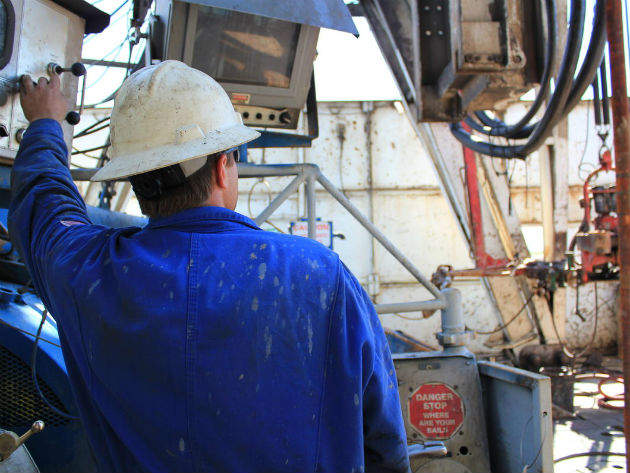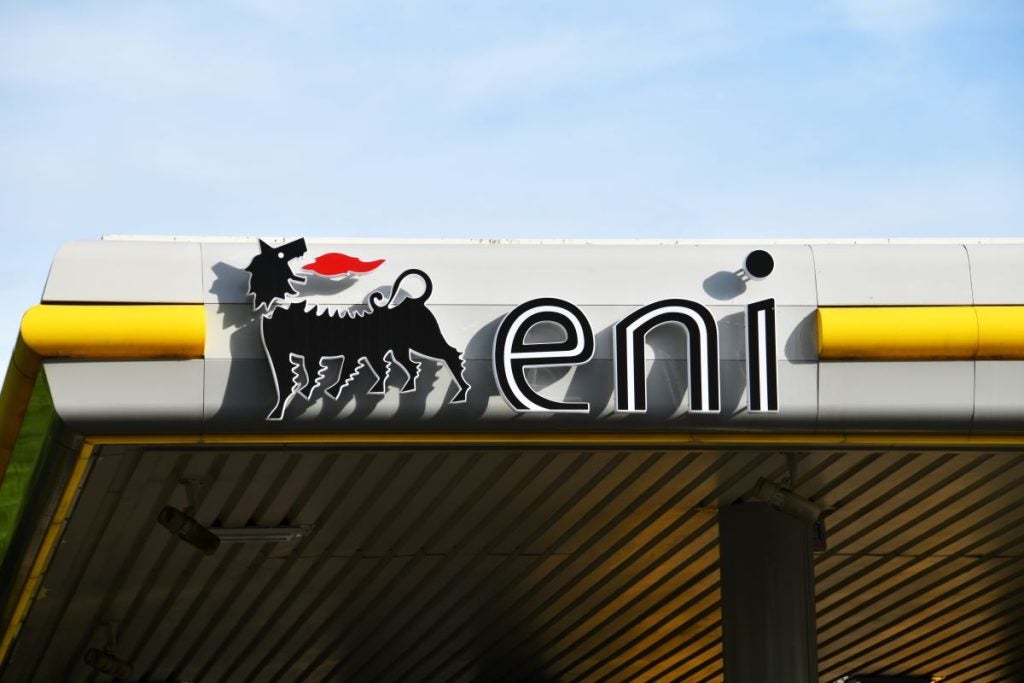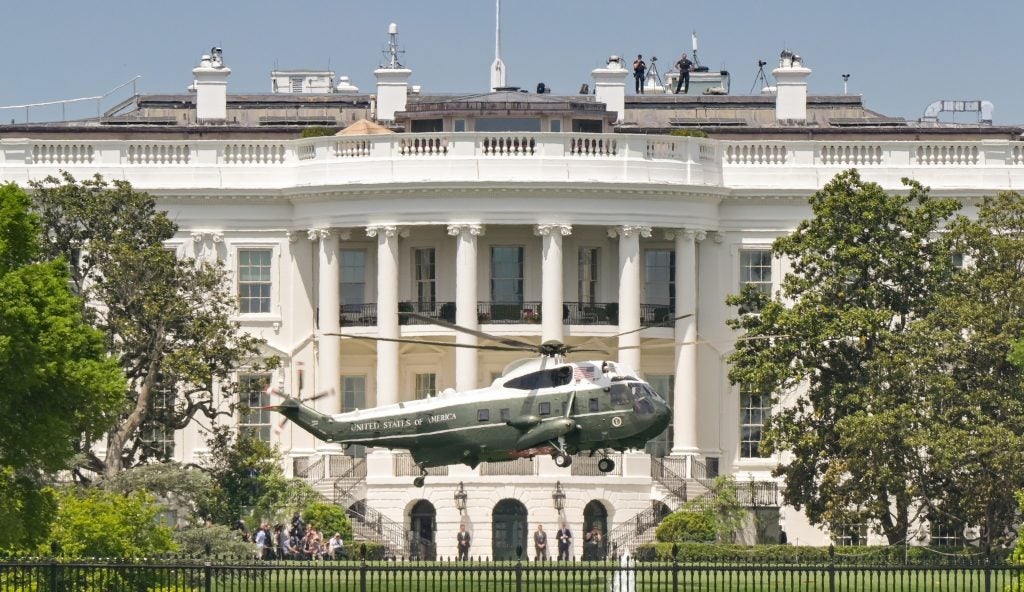
You’ve just been offered that dream job on an offshore oil or gas rig in an exotic location. The salary package looks enticing, but then you realise there is something missing – comprehensive health insurance. Without that in place, the job offer is effectively dead in the water. And that is because the cost of overseas medical treatment, even in developed countries, can be cripplingly high.
Indeed, the Association of British Insurers (ABI) estimates that the cost of some overseas medical treatments can be more than the £211,000 UK average house price. For example, it can cost over £500,000 to treat a multiple fracture of the leg and a torn artery in the US, including an air ambulance back to the UK. And the case is cited of an insurer who paid a medical bill of £322,000 for treating a swollen blood vessel in the brain in the US. Treatment for an abscess in the abdomen in the US can result in medical costs of £101,000.
IOCs not geared up for this
But what about locations such as offshore the Niger Delta, where local healthcare provision is basic to say the least and the threat to employee health and wellbeing from tropical disease and accidents, not to mention kidnap, is all too pervasive?
To cater for locations such as these a niche insurance industry has sprung up with companies such as Bellwood Prestbury and Anderson Health providing independent brokerage services for employees and the insurance companies.
Andrew Apps, head of global healthcare Bellwood Prestbury, described the growing need for small brokerage firms in the offshore oil and gas sector. “Until recently, there was nothing at all for individual oil and gas employees in far flung locations. The big international oil companies (IOCs) are not geared up for this and the larger brokers tended to work with the bigger multinationals.”
New plans launched
Last year, the company, in partnership with APRIL International, beta launched a new medical insurance plan specifically designed for the international contractor sector. It offers a choice of three levels of cover available for periods between three and twelve months and includes as standard 24/7 emergency medical evacuation, 24/7 crisis management assistance and global blood transfusion support.
How well do you really know your competitors?
Access the most comprehensive Company Profiles on the market, powered by GlobalData. Save hours of research. Gain competitive edge.

Thank you!
Your download email will arrive shortly
Not ready to buy yet? Download a free sample
We are confident about the unique quality of our Company Profiles. However, we want you to make the most beneficial decision for your business, so we offer a free sample that you can download by submitting the below form
By GlobalDataThe plan was formally launched this June and demand, says Apps, has so far “exceeded expectations.” He continued, “in fact we find that recruitment companies are now in touch with us on the basis of this cover.”
Bellwood Prestbury was recently engaged by Gulfsands Petroleum, an independent oil and gas exploration and production company, to help introduce a new global employee benefits package that would cover UK and overseas employees and their dependants for medical, life and travel insurance.
Gulfsands’ workforce is split between its head office in London and operations located in the Syrian Arab Republic. The new global employee benefits package covers expatriate and national employees in both locations. Bellwood Prestbury will manage any claims, administer the scheme and renegotiate renewals on behalf of Gulfsands and its employees.
Varying cover choices
Anderson Health is a UK based firm of healthcare advisers that is active in the Middle East oil and gas sector. It has access to specific plans for employees of oil and gas companies, which are underwritten by a global international healthcare provider. These plans offer three levels of cover each with different annual limits. All plans cover advanced imaging, transplant services and emergency local ambulance journeys or in-patient treatment. Evacuation and repatriation cover is available as an optional extra.
Cigna Global Health Benefits Europe also has a range of health plans designed for rig workers in the oil and gas sector. The Cigna Energy Plans offer three levels: core, advanced and ultra, to cover employees worldwide. Dependants can also be added onto employees’ plans. The plans offer medical evacuation from remote locations and have been developed to integrate with an organisation’s own offshore emergency evacuation facilities.
Bupa expands cover
Bupa has also got in on the act, although its Bupa Global Oil and Gas plan is targeted at groups of three or more employees working on oil rigs, rather than individuals. Those covered by the group policy can receive treatment from any recognised hospital, clinic, or legally qualified medical practitioner. Bupa also has a network of more than 7,500 hospitals and clinics.
Bupa pays for the treatment in two ways: direct settlement, whereby eligible treatment is ‘pre-authorised’, and pay and claim, whereby the claimant is reimbursed for the cost of treatment by cheque or electronic bank transfer in a choice of over 80 currencies.
The need for a health plan that can cover the worst of eventualities is beyond doubt in parts of the Middle East and Africa. However, some expatriates may be tempted to cut corners and opt for a cheap local plan. But brokers warn that this is almost never worth the risk. Local health insurance can be very different to what most expatriates are used to and offer less in terms of medical services than what is covered under a private plan. For example, medical evacuation is unlikely to be offered benefits under a local health plan.
North Sea rig workers go private
Even in the comparatively benign offshore environment of the UK North Sea, the need for a comprehensive health insurance package is clear. According to figures from the Health and Safety Executive (HSE) the UK offshore industry employs more than 20,000 people, who are exposed to a range of occupational health risks.
These include not just work related injuries but also illnesses such as dermatitis and respiratory disease arising from the work environment.
The UK’s Health and Safety at Work etc Act 1974 (HSW) requires employers to ensure the health and safety of their employees. All offshore employers have a legal duty to protect workers’ health and the main responsibility for controlling risks lies with the owner or operator of an installation. But the law requires duty holders to co-operate with each other in ensuring health and safety. Employees also have duties not to endanger themselves or others.
The problem when it comes to the offshore oil and gas industry is that offshore workers are often employed by agencies, so do not necessarily receive the same traditional benefits as permanent workers. For example, offshore workers are often exempt from the Working Time Directive regulations and usually work a rota of 14-28 days on and 14-28 days off. And while directly employed workers usually have clearly defined benefits and a cost-of-living adjustment (COLA), agency offshore workers have a per diem (daily) allowance.
But while this allowance is often superficially attractive, there is a growing recognition within the industry that access to a decent health package in certain locations can make all the difference when recruiting staff. Indeed, according to insurance provider Clements Worldwide , health insurance right across the oil and gas industry is now the second most important piece of a recruitment package after salary.







